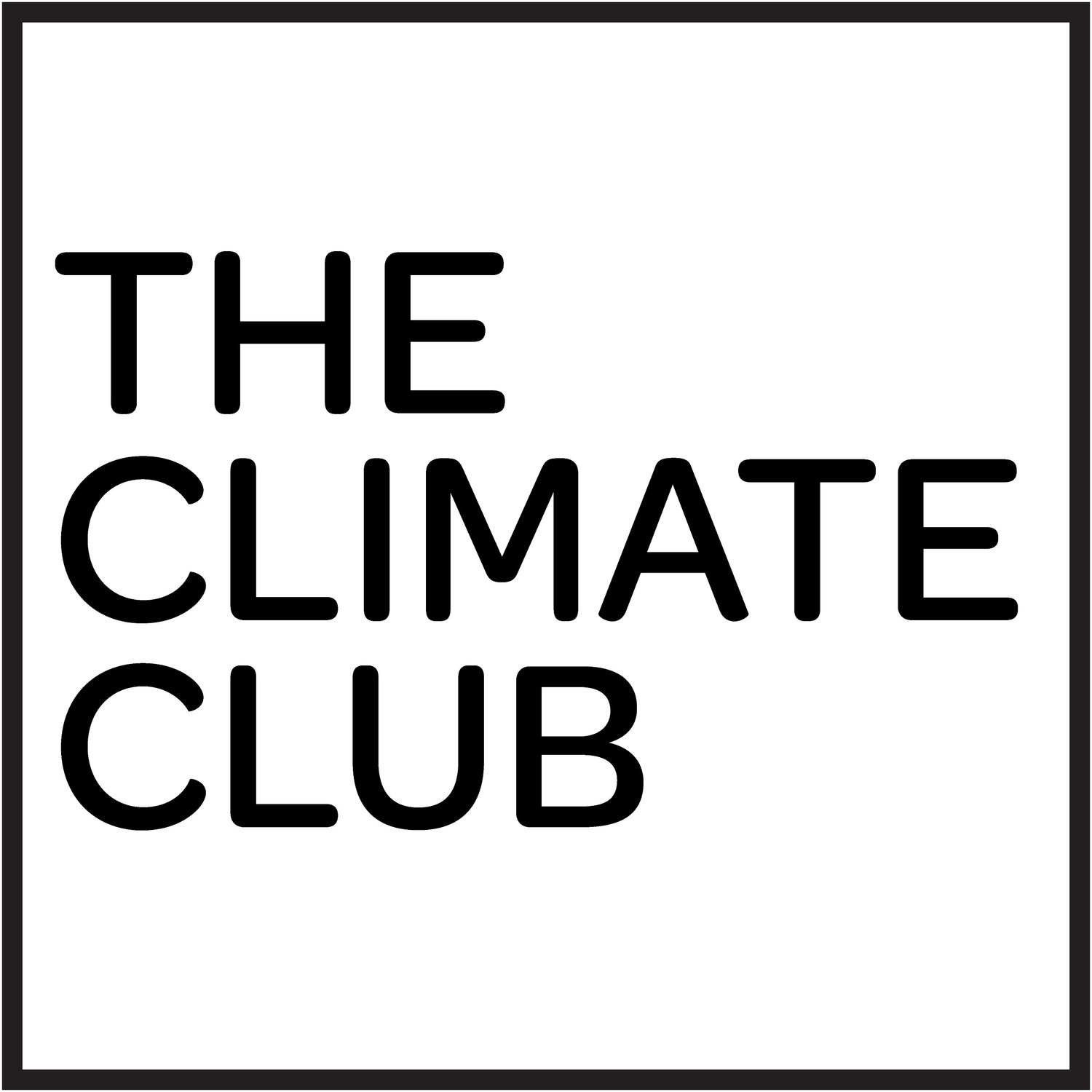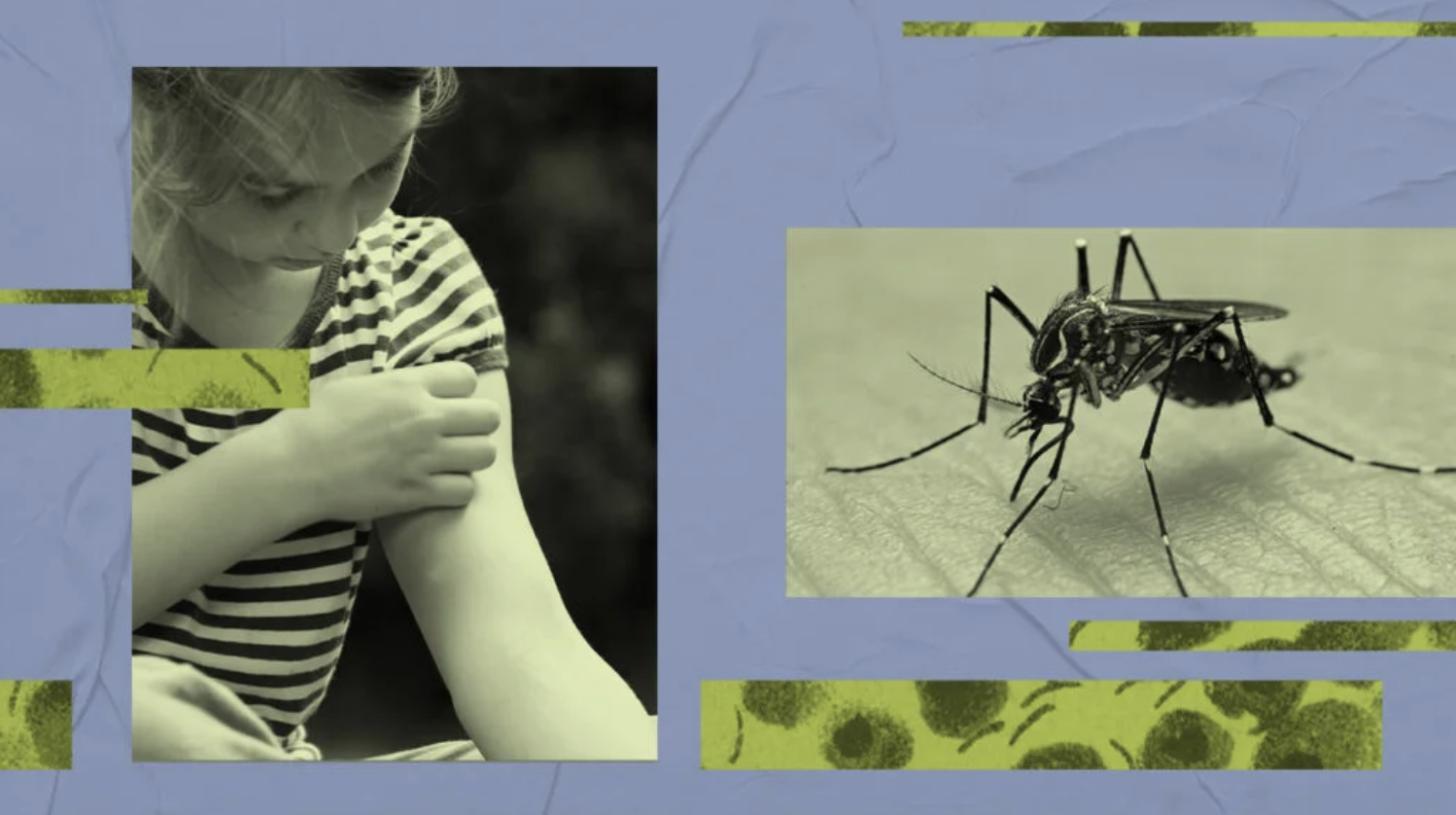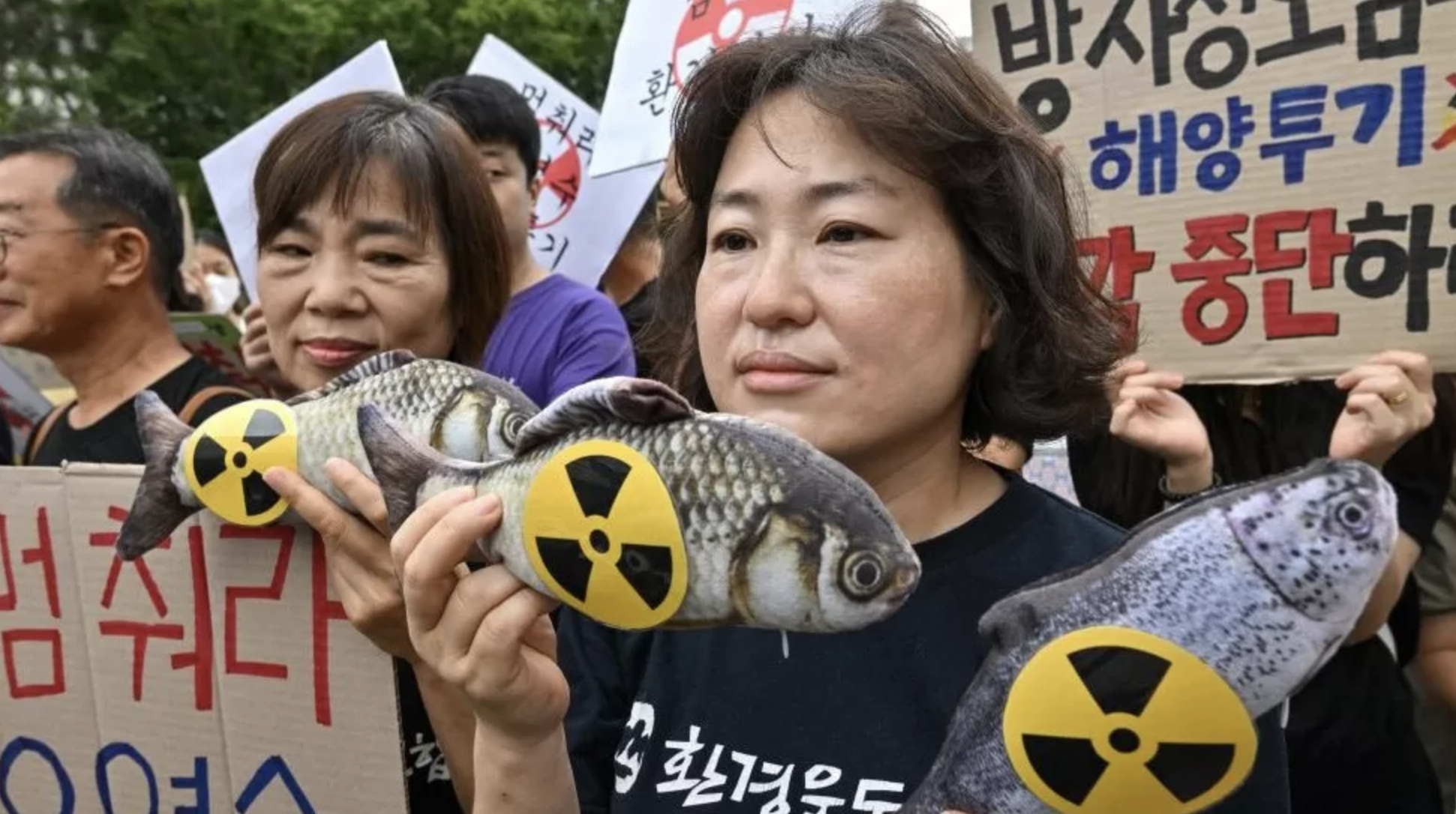May is Mental Health Awareness Month
May is recognized as Mental Health Awareness Month in the United States, highlighting the country's growing mental health crisis, particularly among young people.
Rise in Dengue & Global Warming
Dengue is transmitted to humans via infected mosquitoes. These Aedes mosquitoes can also transmit Zika, chikungunya, and other serious diseases. Each year, up to 400 million people become infected with dengue, with 40,000 dying from severe cases.
Cobalt Mining in Congo: Environmental Health, Safety, & Human Rights
Cobalt is a chemical element with a silver-white and bluish coloration, used to produce lithium-ion batteries that supply energy to electronic devices and vehicles. However, mining cobalt will not only ruin the environment, but also pose extreme environmental health risks to the people who work in the mining industry.
Ripples of Radioactivity: Fukushima's Water Release & Global Environmental Concerns
With the recent release of the Oppenheimer movie shedding light on the historical and contemporary implications of nuclear activity, global attention has once again turned to the ongoing challenges and debates surrounding radioactive materials. This has been exemplified by Japan's decision to release treated radioactive water from the Fukushima Daiichi nuclear power plant into the Pacific Ocean. The UN's nuclear watchdog says the recent plans for discharge will have minimal radiological impact, but some nations have concerns.
Safeguard Your Health: Prevent & Address Mold Growth in Your Environment
Molds pose little harm until they thrive in indoor settings. Effective moisture control is essential to deter mold growth, which, when unchecked, can lead to allergies, asthma, and irritations in the eyes, skin, nose, throat, and lungs. This ability to pollute indoor air has garnered significant media attention.
HPTED: Health Promotion Through Environmental Design
Health Promotion Through Environmental Design is a concept that was developed by researchers at the University of Michigan’s Prevention Research Center. These programs play a crucial role in addressing the negative effects of the Flint water crisis.
Understanding Candida Auris: Emergence, Epidemiology, and Clinical Implications
Candida auris (C. auris) is a dangerous fungus that is becoming a serious global health problem. It is difficult to manage because it can withstand a variety of antifungal medications that doctors typically prescribe to treat infections. C. auris is also tricky to identify, which can lead to wrong treatments and an increased spread. C. auris has caused outbreaks in hospitals and other healthcare settings due to its ability to persist on surfaces such as bed rails, chairs, and medical equipment, thereby facilitating rapid transmission between individuals.
H5N1 Bird Flu Virus – The Importance of Flu Vaccines
Avian influenza, more commonly referred to as "bird flu," is a virus that is often overlooked when we think of infectious diseases.
Earthquakes, Freezing Temperatures, and the Deteriorating Conditions for Refugees
Tragedy struck the Middle East this week as a massive earthquake hit Turkey and Syria on February 6. This natural disaster destroyed thousands of buildings across the region, pushing the confirmed death toll past 7,200.
Children’s Mental Health
Mental health has become more acknowledged over the years as depression and anxiety rates are on the rise. While adults are able to process their emotions and thoughts with structured guidance via therapy or counseling, there is still a gap within healthcare when we look at children’s mental health.
Persistence of Disease: MPVX (Monkeypox)
Studies have noted that monkeypox (MPVX) is transmitted to humans through close contact with surfaces contaminated by infected people. The virus enters the body through open skin, wounds or mucous membranes. It is no surprise that the environment has an impact on a new outbreak’s timeline.
What is Environmental Health?
Environmental Health falls under the broad umbrella of Public Health, which promotes and protects the health of large populations and the communities where people live, learn, work and play.
The Perks of Public Parks
Science shows that having access to clean air and public parks improves mental health and quality of life. When compared to neighborhoods with ample green space, residential areas with few green spaces had a 33 percent greater rate of clinically diagnosed depression.
Political Determinants Affecting Mental Health of Low-Income Women
Depression is a preventable mental illness that should be treated as a public health concern.
Science Uncertainty in “Post-Pandemic” Times
Communicating scientific uncertainty is difficult during a time when people demand answers instantly. With the rise of innovation and technology, the public expects transparency and quick, accurate information. This has been heightened by humanity going through a life-threatening pandemic. Unfortunately, and ironically, science is not an exact science.

















